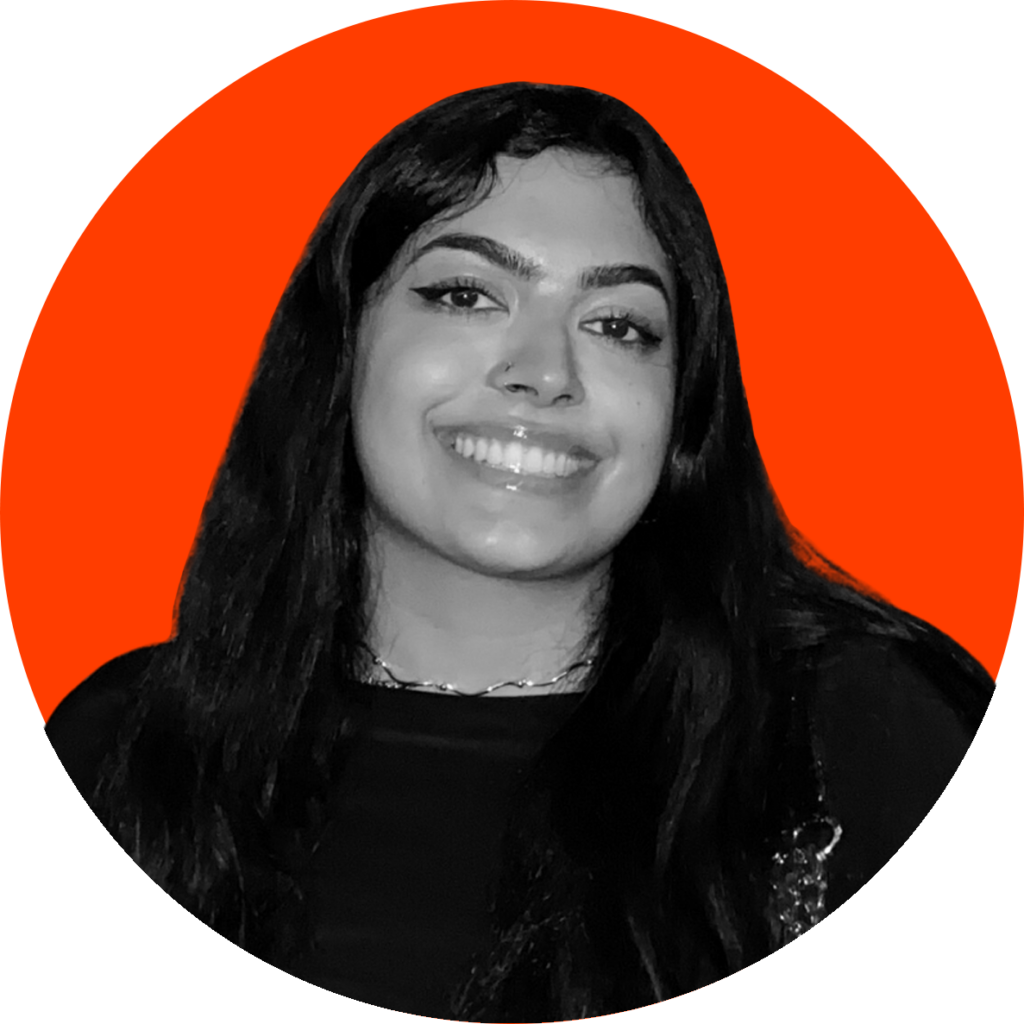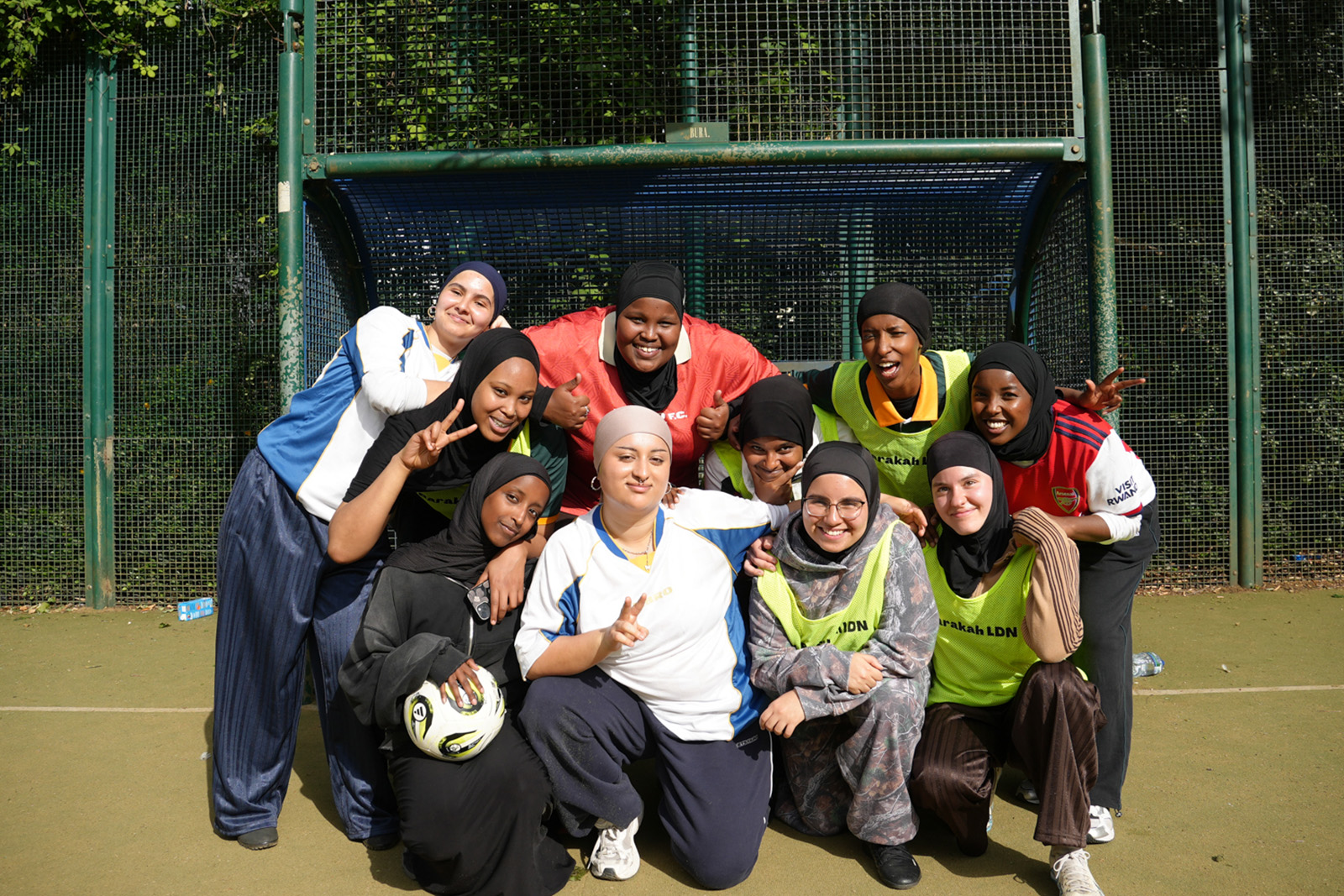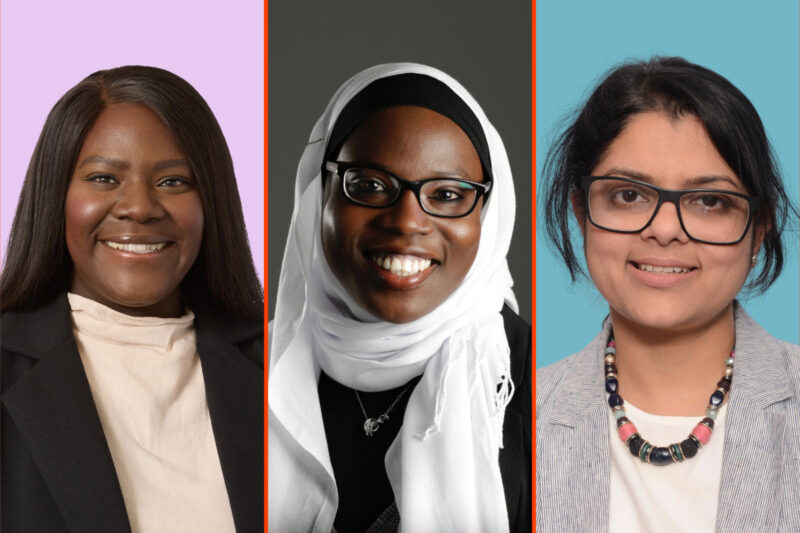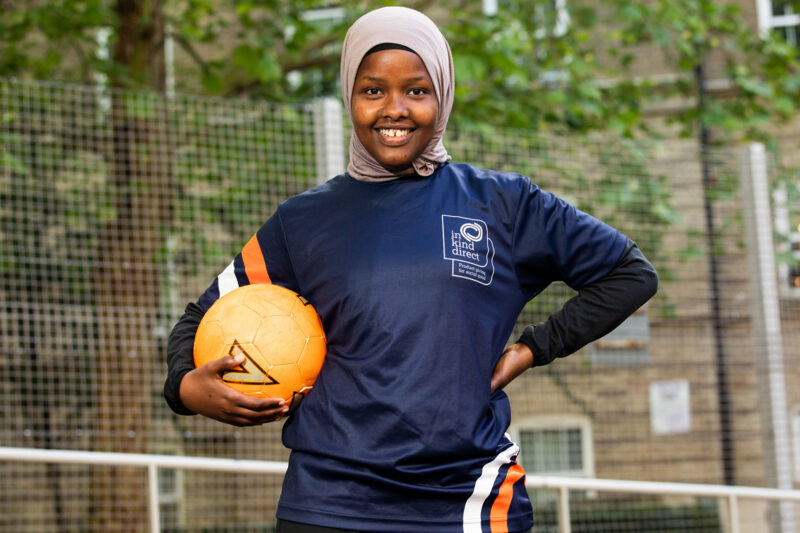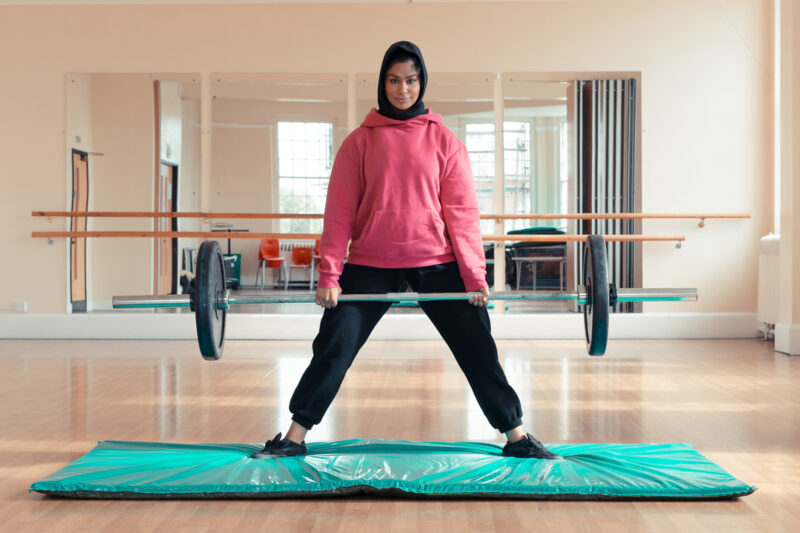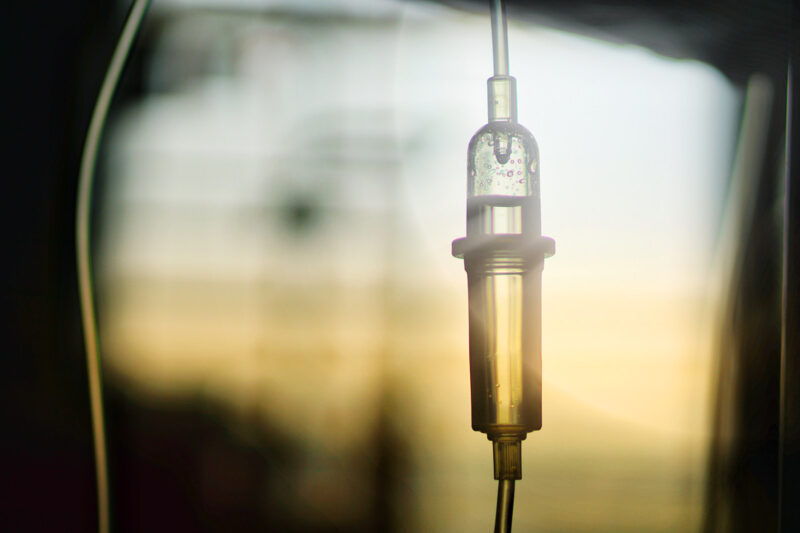Mariam Mahmood: Wrexham Women’s first Muslim player tells of joy and ambition
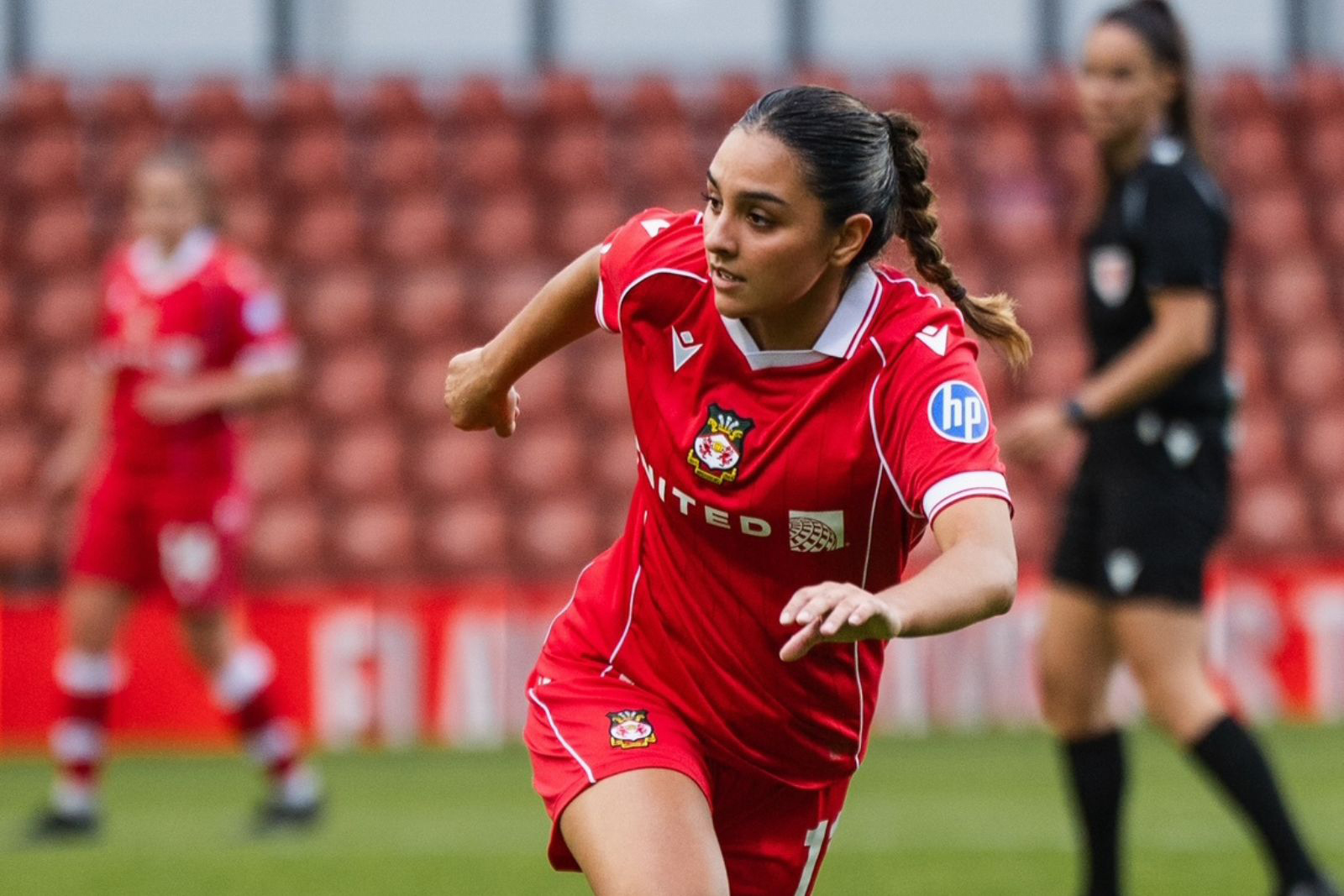
The 21-year-old attacker tells Hyphen about her career and her goals — both on and off-pitch
Wrexham AFC Women’s first Muslim player has spoken of her joy at inspiring a new generation of footballers.
Speaking to Hyphen two months on from signing with the team, which competes in the Adran Premier — the highest level in the Welsh women’s sport — Mariam Mahmood also praised her family and community for helping her get to where she is.
The 21-year-old attacker scored twice for the team upon her September debut against Pontypridd, aiding a 6-1 win, and will hope to be on the scoresheet again in Wrexham’s next fixture against Aberystwyth Town on 26 October.
Mahmood is the only British Pakistani player at Wrexham AFC Women, but said of the team: “The people are great and they don’t make me feel excluded or different. I’ve been very lucky to experience that.”
Earlier this year, Mahmood represented Pakistan in the AFC Women’s Asian Cup qualifiers, where she scored her first international goals, securing a 2-1 victory against Kyrgyzstan. She hadn’t visited Pakistan since she was a child, so it was a big moment for her. “Being around people who are just like you, playing for your country and making them proud — I was on top of the world,” she said.
Having grown up in a football-mad house in Birmingham, she joined a local team aged 12 and quickly progressed to West Bromwich Albion’s women’s squad, where she played for four years. At first, a career in women’s football seemed unimaginable, she said.
“You never hear that it can be a job for women,” she said. “You only hear about it for men.” It was at West Brom that her career aspirations solidified.
Mahmood trains three or four times a week, driving more than an hour from her home in Dudley to Wrexham’s training ground. Despite the long journey and vigorous training schedule, Mariam says it’s worth it.
“It’s hard,” she said. “It takes a lot of social hours. Everyone’s busy during the day and has their evenings free, whereas I’m free during the day and don’t have evenings free. But if you have the right people around you, they will understand.” Her goal for the future is to go fully professional.
She credits her success to the sacrifices her family made during the early days of her sporting career, with her dad waking up at 5am to take her to football practice. “I probably would have given up a million times if it weren’t for them,” she said. “Having that kind of external support helps massively.” She acknowledges that such support is not universal for Muslim women, but stresses the importance of having someone to fight her corner: “Whether it’s a friend or anyone else close to you, having someone who can be a shoulder when you have days when you feel like quitting helps a lot.”
All the same, early in her career, some family and community members believed football wasn’t a suitable career path for a Muslim woman. Others wanted her to go down a more academic route.
Mahmood’s experience sheds light on the broader challenges faced by women who want to get into football. A 2025 Women in Football survey revealed that only 29% from “underrepresented ethnic origins” feel they can excel in the sport. A 2022 report by the non-profit Muslimah Sports Association found that 97% of British Muslim women who responded to a survey by Muslim Census wanted to increase their current participation in sports, suggesting the problem is one of access.
Mahmood’s inboxes on social media are flooded with messages from young women seeking guidance on how to enter the sport. “There is a lack of direction,” she said. “If you don’t know something is possible, you can’t get into it.”
But dedicated organisations are actively working to bridge the gap. Last month, Mahmood attended the Midlands Women’s Football Conference, an initiative led by the Muslim Sports Foundation, in partnership with the Birmingham FA and Aston Villa Foundation. The event aimed to open up access for Muslim women who are interested in football and refereeing.
Mahmood, who spoke at the event, expressed her joy upon seeing the room packed with Muslim women eager to participate in sports. “It was really nice to see,” she said. “When I started telling my story, you could see how happy and inspired they were. It makes it worth it to go to these events and share my story.”
 Newsletter
Newsletter

